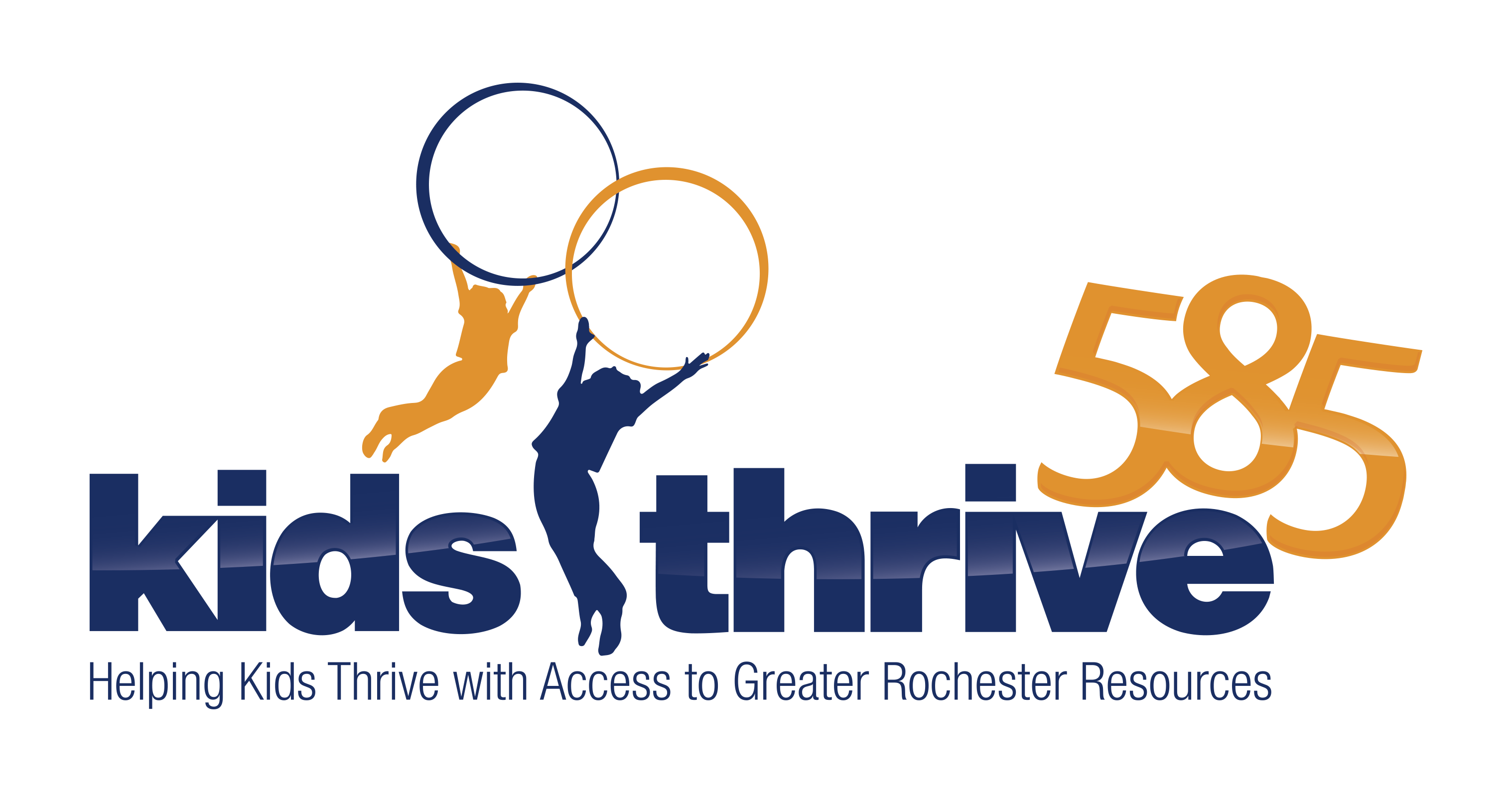Autism Awareness Month, celebrated globally every April, stands as a beacon of advocacy, education, and support for individuals and families living with Autism Spectrum Disorder (ASD). It’s a time when communities unite to foster understanding, promote acceptance, and advocate for the rights of those on the spectrum. With a prevalence rate of approximately 1 in 54 children in the United States alone, the importance of spreading awareness and providing support cannot be overstated.
Autism is a neurodevelopmental disorder characterized by challenges in social interaction, communication, and repetitive behaviors. Each individual with autism is unique, possessing their own strengths, interests, and needs. Understanding and embracing this diversity is at the core of Autism Awareness Month.
Supporting Children and Families with Autism Spectrum Disorder:
Supporting children with autism starts with education and empathy. Educators, caregivers, and communities must strive to create inclusive environments where children with ASD can thrive. Providing sensory-friendly spaces in schools, implementing individualized education plans, and fostering peer understanding and acceptance are vital steps in supporting children on the spectrum.
Early intervention is key. Detecting signs of autism early allows for timely access to resources and interventions that can significantly improve outcomes. Parents and caregivers should be empowered to recognize developmental red flags and seek evaluation and support from healthcare professionals.
Furthermore, ensuring access to a range of therapies and interventions tailored to the individual needs of each child is crucial. Applied Behavior Analysis (ABA), speech therapy, occupational therapy, and social skills training are among the interventions commonly utilized to support children with autism in developing crucial life skills.
Resources for Families:
Navigating the complex landscape of autism services and support can be daunting for families. However, numerous resources are available to assist them on their journey. Local autism societies, advocacy organizations, and online communities offer a wealth of information, support groups, and educational materials.
Additionally, governmental agencies such as the Centers for Disease Control and Prevention (CDC) and the National Institute of Mental Health (NIMH) provide evidence-based resources, toolkits, and guides for families and caregivers. These resources cover topics ranging from early intervention strategies to transitioning into adulthood.
Financial assistance programs, such as Medicaid waivers and disability benefits, can also alleviate the financial burden associated with autism-related expenses, including therapies, medical care, and specialized equipment.
Opportunities to Connect with Others with Autism Spectrum Disorder:
Building connections and fostering a sense of community is essential for individuals with autism and their families. Autism Awareness Month offers numerous opportunities for individuals on the spectrum to connect with others who share similar experiences and challenges.
Local support groups and community centers often host events and workshops tailored to individuals with autism and their families. These events provide a safe and inclusive space for socializing, sharing resources, and building friendships.
Online platforms and social media have also become invaluable tools for connecting individuals with autism from diverse backgrounds and geographical locations. Virtual support groups, forums, and online communities offer a sense of belonging and enable individuals to seek advice, share stories, and celebrate achievements.
In addition to community-based initiatives, participation in autism advocacy and awareness campaigns empowers individuals with autism to raise their voices, share their perspectives, and advocate for positive change. By amplifying their voices and advocating for inclusivity and acceptance, individuals with autism contribute to creating a more understanding and supportive society.
Conclusion:
Autism Awareness Month serves as a reminder that understanding, acceptance, and support are fundamental rights for individuals with autism and their families. By promoting awareness, advocating for inclusive policies, and fostering connections within the autism community, we can create a world where individuals with autism are valued, respected, and empowered to reach their full potential. Together, let us continue to shine a light on autism, not just in April but throughout the year, and work towards a more inclusive and supportive society for all.

